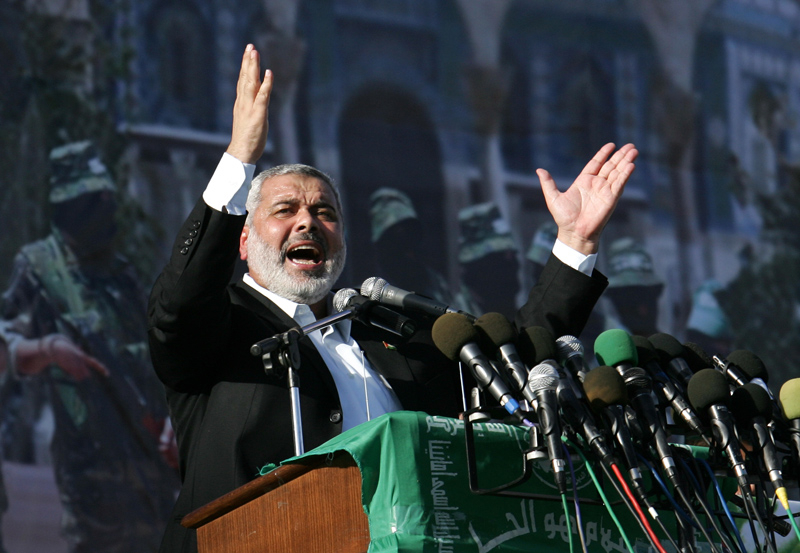by debkaFile
The ongoing clash has gone way beyond an Israeli confrontation with Syria and Iran and marks a serious deterioration in the security situation on Israel’s northern border.

The Syrian anti-air missiles which hit an Israeli
F-16 early Saturday, Feb. 10, are part of a system operated with and
commanded by the Russians from their Kheimim air base. The F-16 was shot
down during an Israeli air strike against the Iranian facility at the
T-4 air base near Palmyra, which launched a UAV into Israeli airspace
that morning. The ongoing clash has therefore gone way beyond an Israeli
confrontation with Syria and Iran and marks a serious deterioration in
the security situation on Israel’s northern border.
It is unlikely that Israel’s attempt through its diplomatic channels to calm the situation and “restore the status quo ante” will succeed. This situation underwent a fundamental strategic change when Iran sent a UAV over Israel from a Syrian base it shares also with the Russians. It may be assumed that the Russian command, which keeps a close eye on all Syria’s air facilities, was in the know about the Iranian operation and was not surprised when Israeli warplanes retaliated. One of those jets was shot down and its two pilots landed safely in northern Israel. One of them was badly injured.
Whether or not the Russians and Iranians discussed
likely Israeli retaliation and decided to ambush one of the planes has
yet to be investigated. But it is significant that the second, much
broader wave of Israeli air strikes against a dozen Syrian and Iranian
targets later Saturday morning, was also attacked by air defense
missiles that were fired from Lebanon as well. This has brought
Hizballah into the Syrian-Iranian-Russian equation, and even the
Lebanese army. Civilian air traffic was consequently halted in northern
Israel.
The parties involved in the incident don’t yet appear ready to call it a day. Each is holding out to have the last word, say DEBKAfile’s strategic analysts.
As matters stood at 11 a.m. Saturday morning,
Israel and the IDF had come off worst, although another wave of Israeli
air strikes was then launched against a broad range of Iranian and
Syrian targets. The downing of an air force jet by a Syrian anti-air
weapon, mostly likely an SA-5 (whose range extends into northern Israel)
has not been lightly dismissed. All the same, Jerusalem reportedly
appealed to Washington and Moscow to use their good services for cutting
the clash short. This set a tone in direct contrast to the recent,
over-the-top rhetoric of Defense Minister Avigdor Lieberman, especially
his unnecessary comment that a two-front conflict is in store in both
Syria and Lebanon; and Prime Minister Binyamin Netanyahu’s warnings to
hostile forces, “Don’t test us.”
That is exactly what Iran and Syria tried to do on Saturday morning. It is too soon to tell how this confrontation will play out. It is still ongoing. As for Russia, DEBKAfile has repeatedly stressed that the regular dialogue Netanyahu conducts with President Vladimir Putin is of limited value. The two leaders have achieved a certain measure of understanding but, in any situation, Putin is su[r]e to be guided solely by Moscow’s strategic interests – even at Israel’s expense.
Source: https://www.debka.com/russian-troops-involved-iranian-syrian-clash-israel/
Follow Middle East and Terrorism on Twitter
Copyright - Original materials copyright (c) by the authors.




